Positive results
The WB9 project has contributed to changing the lives, enhancing resilience and developing sustainable livelihoods for many people in the Mekong Delta. As a result, more than 1,838 million people have benefited from the project, of which 49% are women. The area supported by the project for climate-resilient land and water management measures has reached 207,292 hectares. The number of households supported by the project to apply climate-resilient land and water management measures has so far reached more than 112,010 households.
Harvesting rice at the high-quality and low-emission rice production model at Tien Dung Cooperative in Thanh Phu commune, Can Tho city.
According to the WB9 Project Management Board, the project has achieved many positive results after 8 years (2016-2024) of implementation. That is, completing the planning of the Mekong Delta region for the period 2021-2030, with a vision to 2050, and approved by the Prime Minister in Decision 287/QD-TTg dated February 28, 2022. Building a monitoring system for surface water, underground, riverbank and coastal changes using remote sensing technology. Completing the construction of the Mekong Delta Data Center. Completing the establishment of operating procedures for irrigation systems. Supporting livelihood conversion for many people and 54 types of livelihoods have been supported, with 895 demonstration models... According to Mr. Nguyen Dinh Hau, Director of the WB9 Project Management Board, the project also invested in the construction and renovation of large irrigation infrastructure to serve livelihood conversion. specifically, investing in, renovating and upgrading nearly 350km of dykes, embankments combined with rural traffic; building 160 culverts and bridges of all kinds; building nearly 45km of wave-reducing embankments, creating sandbanks, protecting the coast; dredging about 162km of canals, planting 1,000ha of forest...
The WB9 project has a total investment capital of 384,979 million USD, equivalent to more than 8,577.3 billion VND, of which the World Bank (WB) loan is 310 million USD and the counterpart capital is 72,547 million USD. The project's content includes the following components: strengthening monitoring, analysis and database systems; flood management in upstream areas; adapting to salinity changes in coastal estuaries; protect coastal areas in the peninsula area... The project is implemented in a number of localities in the Mekong Delta region (before the merger), including: An Giang, Dong Thap, Ben Tre, Tra Vinh, Vinh Long, Soc Trang, Ca Mau, Bac Lieu and Kien Giang.
Towards sustainable development
The Mekong Delta plays a very important role in the sustainable development of Vietnam, especially in the field of agricultural production. In recent times, the Mekong Delta has been the key agricultural production area of the country, providing more than 50% of rice production, over 60% of aquatic products and about 75% of fruit production of the whole country, and is also an important biodiversity area. However, the Mekong Delta has been and continues to face many difficulties and challenges from climate change, with the appearance of many types of natural disasters and extreme weather such as saltwater intrusion, drought, unusual floods, subsidence, rising sea levels and soil erosion. In this context, efforts to adapt and transform sustainably have become more urgent than ever.
From the success of the WB9 project, the Ministry of Agriculture and Environment, together with the Ministry of Finance and the World Bank, have coordinated efforts to propose the Mekong Delta Climate Resilience and Integrated Transformation Project (MERIT-WB11). This also shows a continuation and elevation in efforts to respond to climate change and develop sustainably in the Mekong Delta. The WB11 project is expected to be the door to a promising future for the Mekong Delta. Recently, in Can Tho City, the Ministry of Agriculture and Environment also chaired and coordinated with relevant units to organize a conference to summarize the WB9 project to review the results and lessons learned from the project and propose directions for WB11.
According to Mr. Nguyen Hoang Hiep, Deputy Minister of Agriculture and Environment, through the WB9 Project, a new generation - a large force of cadres in the Mekong Delta has matured, accumulated experience and many farmers through this project have a new production mindset, not leaving the Mekong Delta to find a livelihood. Also according to Mr. Hiep, although the WB9 Project has been successful, the challenges for the Mekong Delta still remain because the project has only partially solved them. The Mekong Delta is currently facing huge challenges from the development of hydropower dams upstream, while climate change and sea level rise are faster than predicted scenarios. Including the story of the internal socio-economic development of the Mekong Delta, the region will certainly have huge shifts... In that overall picture, not only agriculture but also socio-economic issues will be solved, not only saline intrusion will be solved but also the story of water for people's development, not only landslides, subsidence, urban flooding will be solved but also the story of how to overcome the situation of rising sea levels, subsidence, and water resource allocation. WB11 will be implemented in the spirit of continuing the successes, results, and experiences from WB9. Focus on similar contents, including infrastructure investment and development of livelihood models. At the same time, there will be adjustments to better access and support people to accelerate the implementation of the strategic pivot of agricultural development from rice, fruits and aquaculture to prioritize aquaculture, fruits and rice according to Resolution 120/NQ-CP of the Government on sustainable development of the Mekong Delta adapting to climate change. The value of aquatic products and fruits must be increased, rice is still growing but at the scale of the project of 1 million hectares of high-quality rice, without investing too much in increasing productivity. Thus, livelihood and infrastructure activities will focus more on aquaculture, how to quickly shift from the previous story of preventing salinity and keeping fresh water to regulate salinity and fresh water, thereby developing production. In addition, attention should be paid to developing concentrated agricultural raw material areas associated with processing, logistics, etc. suitable. Adjusting more clearly to a green, circular economy and the project of sustainable development of 1 million hectares of high-quality and low-emission rice cultivation associated with green growth in the Mekong Delta by 2030 is a typical example.
The WB11 project has a total investment of nearly VND17,000 billion, with the participation of the Ministry of Agriculture and Environment and many localities in the Mekong Delta. According to Mr. Nguyen Nghia Hung, Deputy Director of the Southern Institute of Water Resources, Head of the WB11 Project, participating localities will enjoy a mechanism of allocating up to 90% of the loan capital and only re-borrowing 10%. This helps to significantly reduce the financial burden on localities, encouraging more active and proactive participation of provinces in implementing large-scale projects.
According to Ms. Mariam Sherman, World Bank Country Director for Vietnam, Laos and Cambodia, the WB will continue to accompany Vietnam in implementing the WB11 Project. This project will inherit and expand the results and positive impacts of the WB9 Project. The World Bank will continue to contribute financial resources, global knowledge and connectivity capacity, closely coordinated with authorities at all levels, development partners, businesses and people, for a sustainable, adaptive and inclusive development of the Mekong Delta...
Article and photos: KHANH TRUNG
Source: https://baocantho.com.vn/ho-tro-phat-trien-sinh-ke-ben-vung-cho-nguoi-dan-vung-dbscl-a188158.html


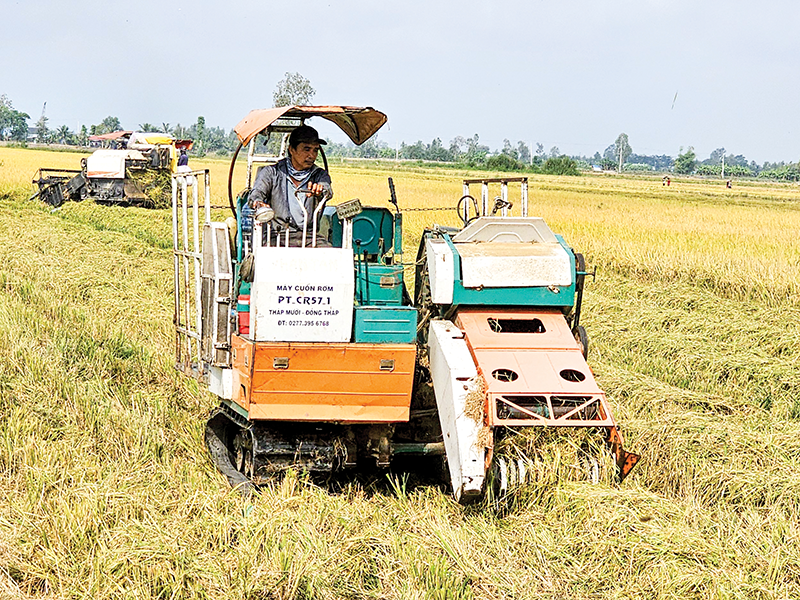

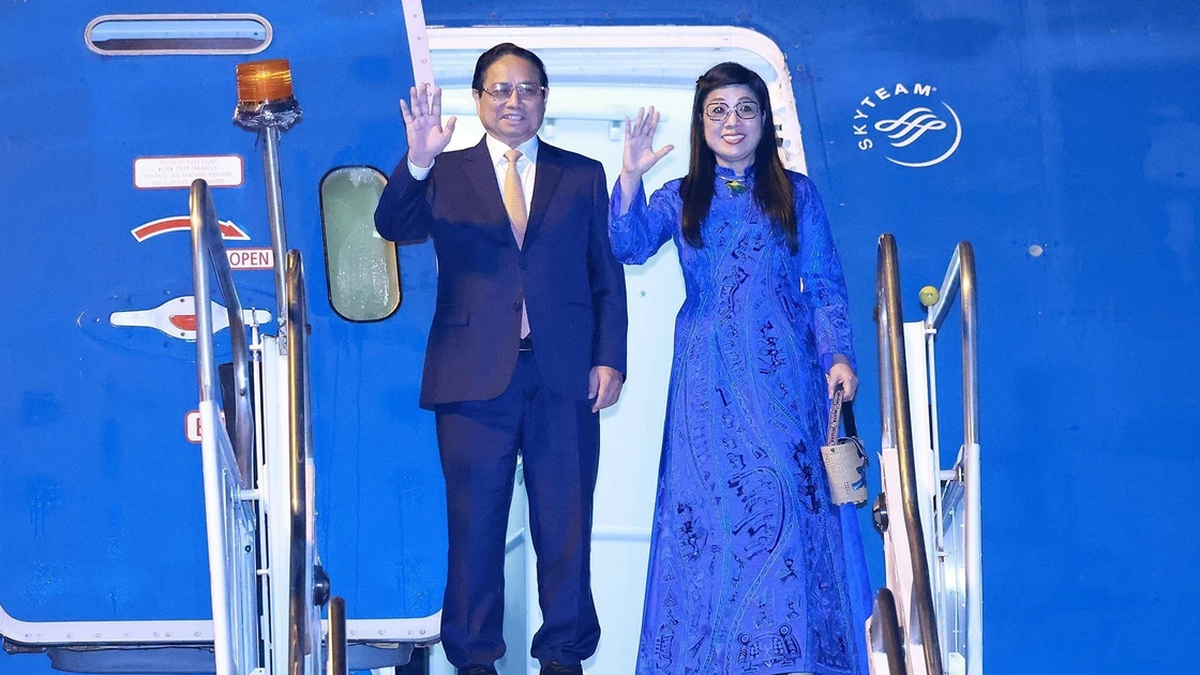
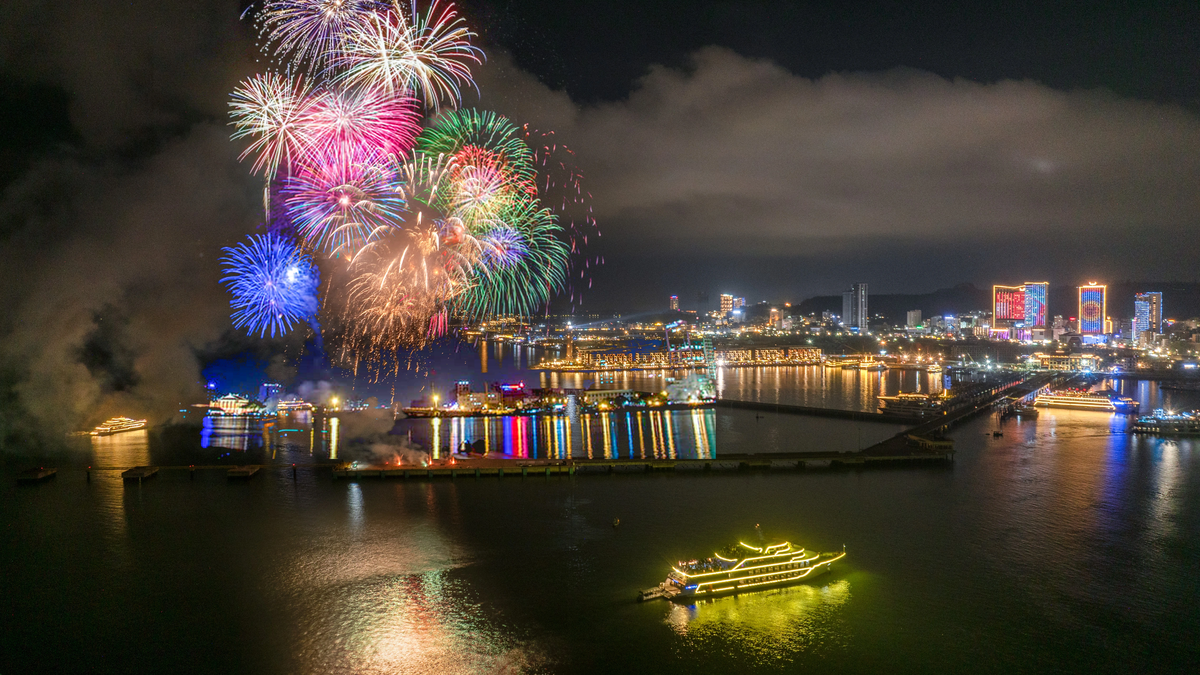
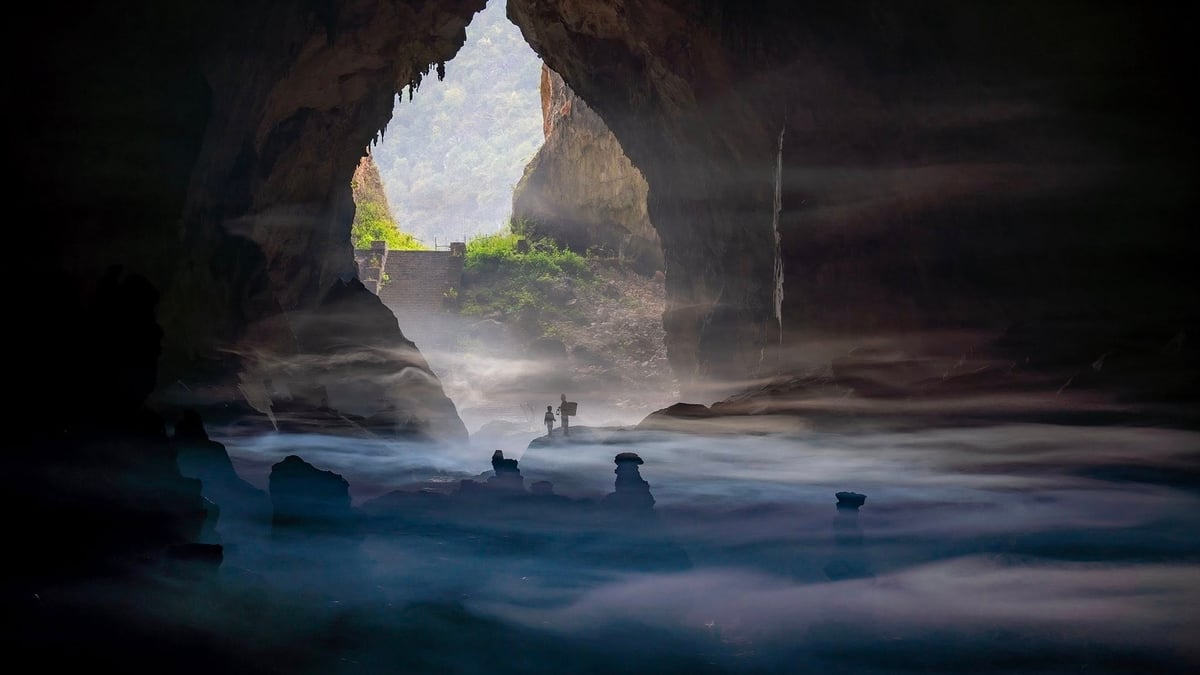


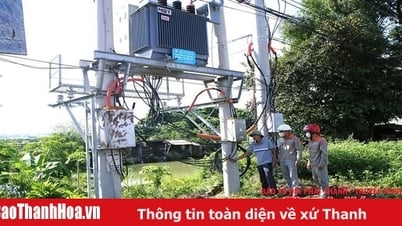

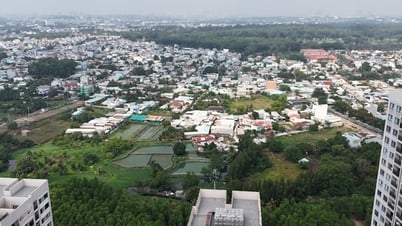

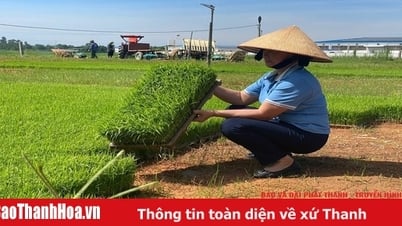
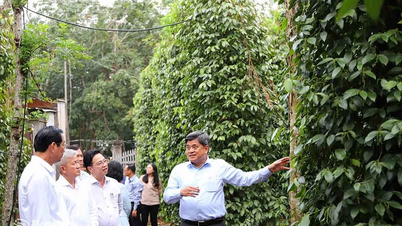

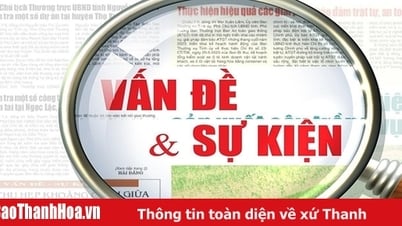
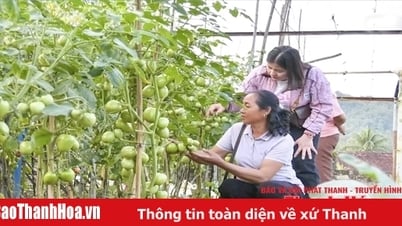
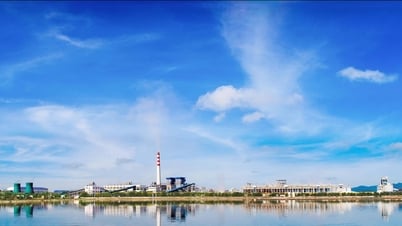

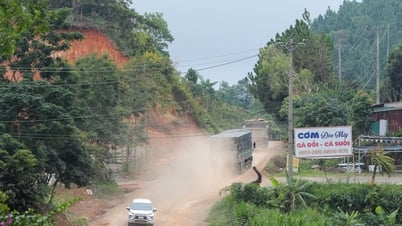
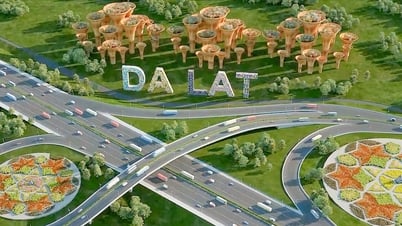

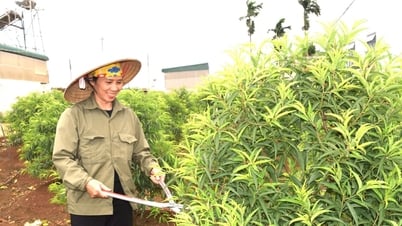
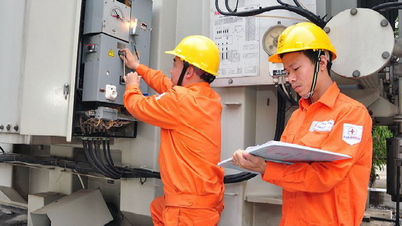





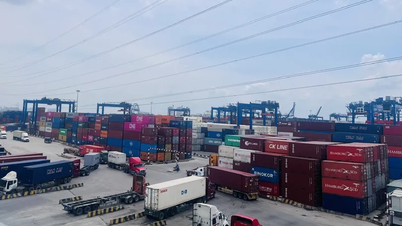
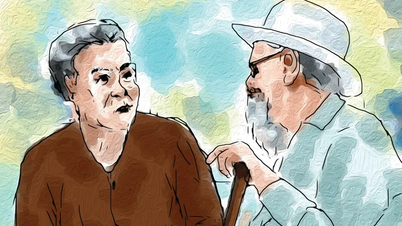
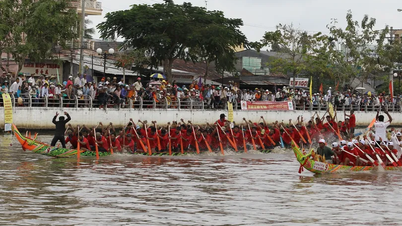
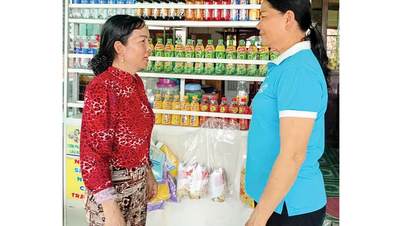
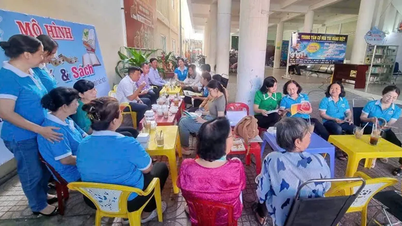
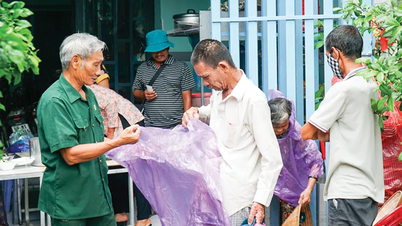
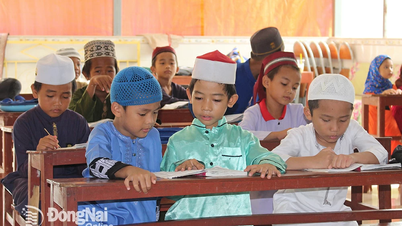








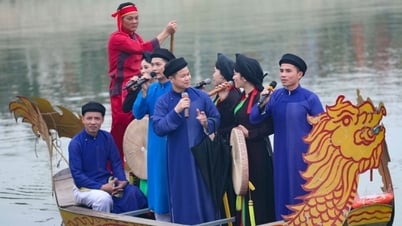



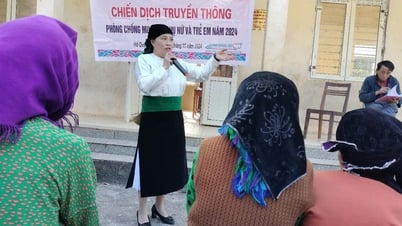

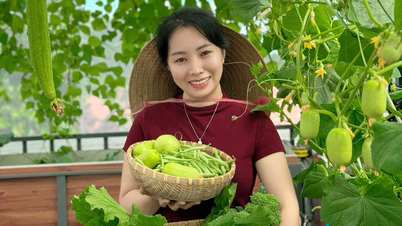



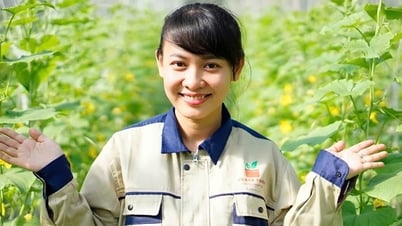

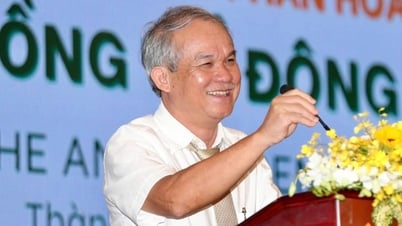

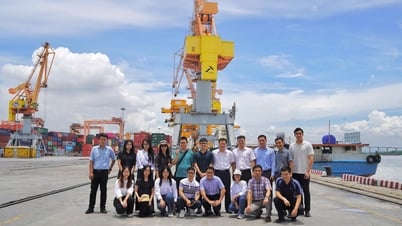


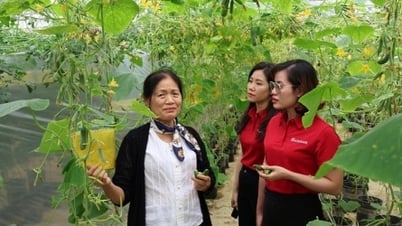
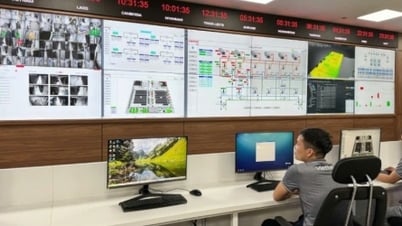
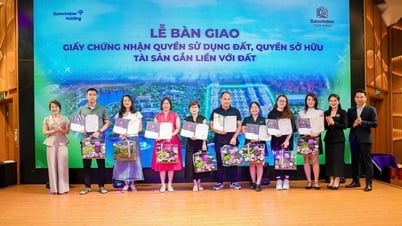



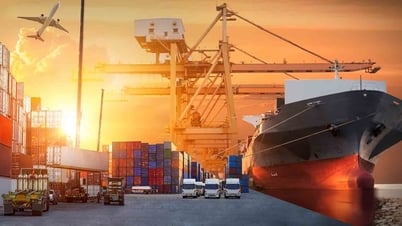

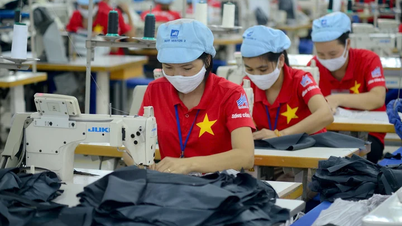





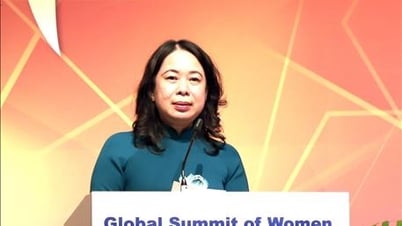

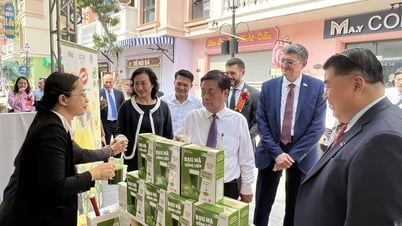

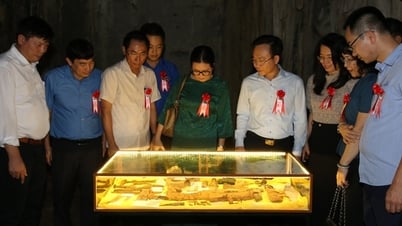


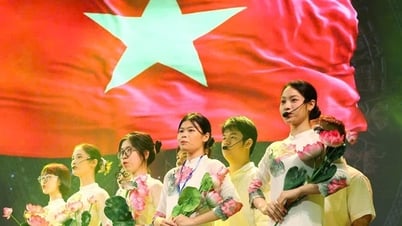
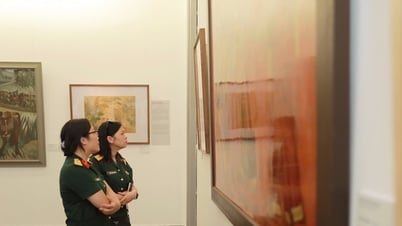
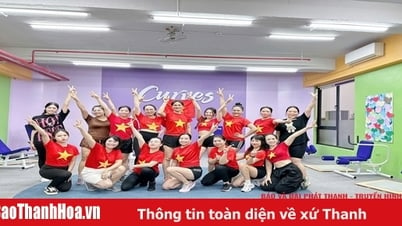
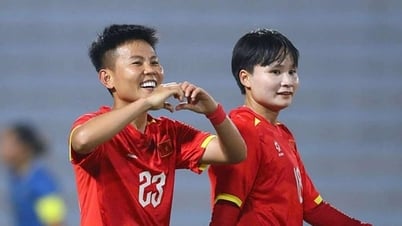

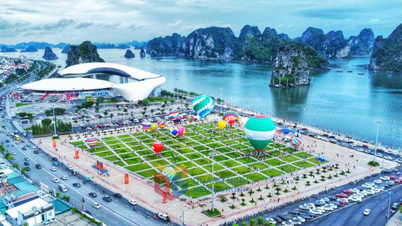

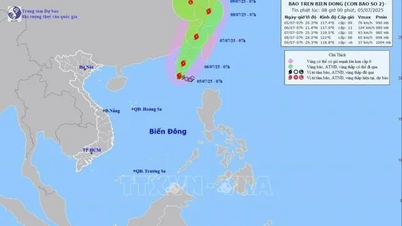

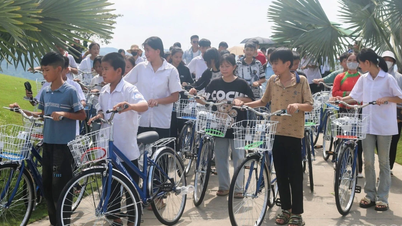

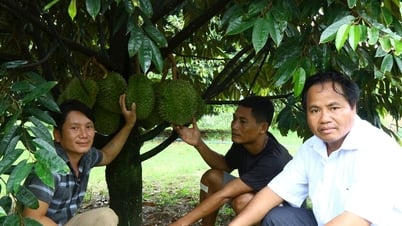
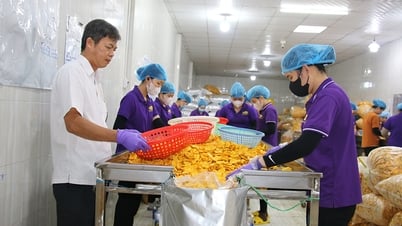

![[OCOP REVIEW] Bay Quyen sticky rice cake: A hometown specialty that has reached new heights thanks to its brand reputation](https://vphoto.vietnam.vn/thumb/402x226/vietnam/resource/IMAGE/2025/7/3/1a7e35c028bf46199ee1ec6b3ba0069e)


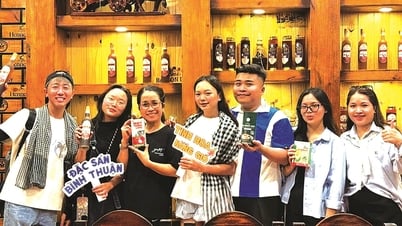
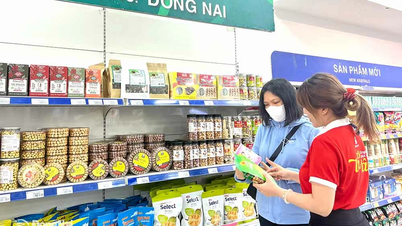

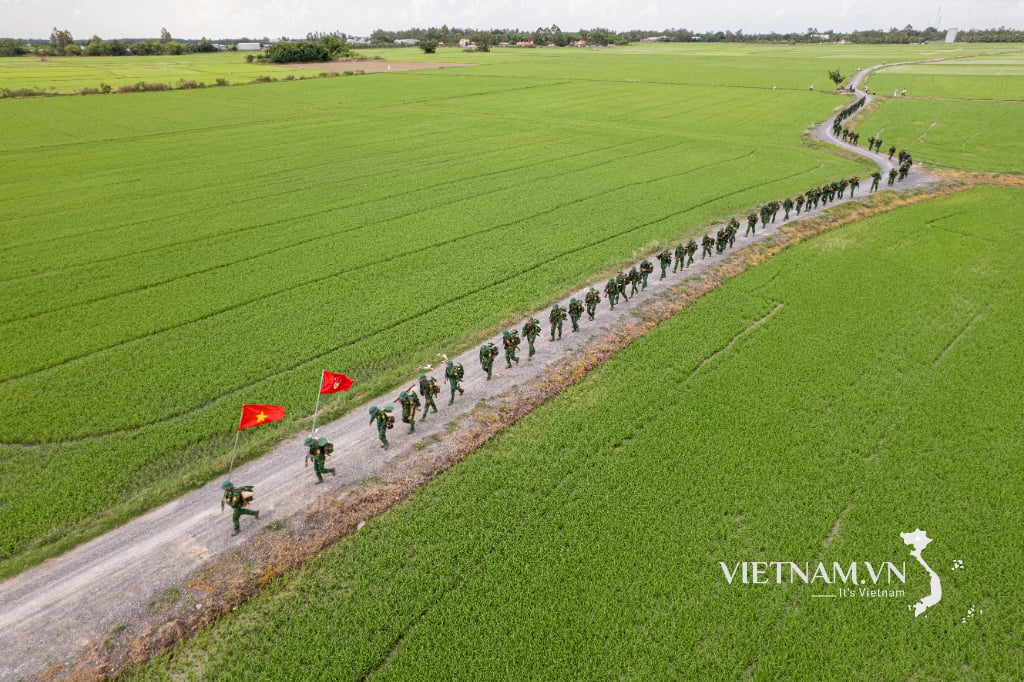
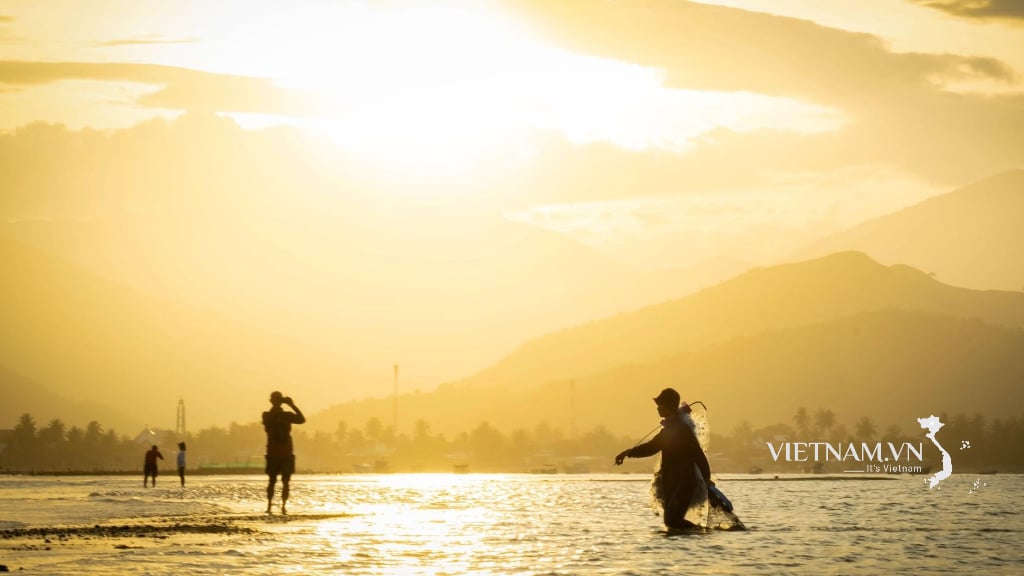


Comment (0)